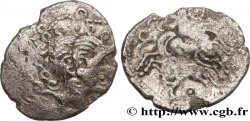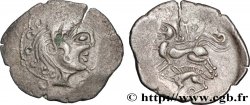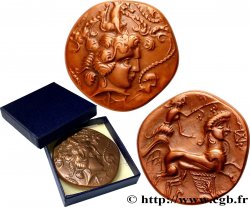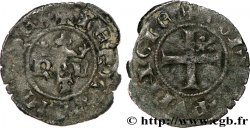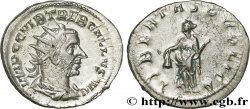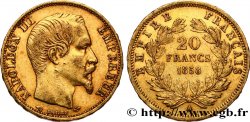Not available.
Item sold on our e-shop (2022)
Price : 330.00 €
Item sold on our e-shop (2022)
Price : 330.00 €
Type : Quart de statère d’or
Date: IIe siècle avant J.-C.
Mint name / Town : Vannes (56)
Metal : gold
Diameter : 11 mm
Weight : 1,86 g.
Rarity : R3
Coments on the condition:
Beau droit et métal agréable mais revers difficile à identifier
Obverse
Obverse legend : ANÉPIGRAPHE.
Obverse description : Tête à droite, les cheveux en petites mèches juxtaposées ; du front et de l’arrière de la tête partent des cordons perlés.
Reverse
Reverse legend : ANÉPIGRAPHE.
Reverse description : Cheval androcéphale à droite ; une rouelle à huit rayons entre les jambes ; un annelet perlé figurant une victoire stylisée avec sa queue trifide.
Commentary
Avec une frappe qui a largement dérapé au revers, cette monnaie reste particulièrement compliquée à identifier avec précision. Seul le droit nous donne à penser qu’il s’agit d’un quart vénètes (?).







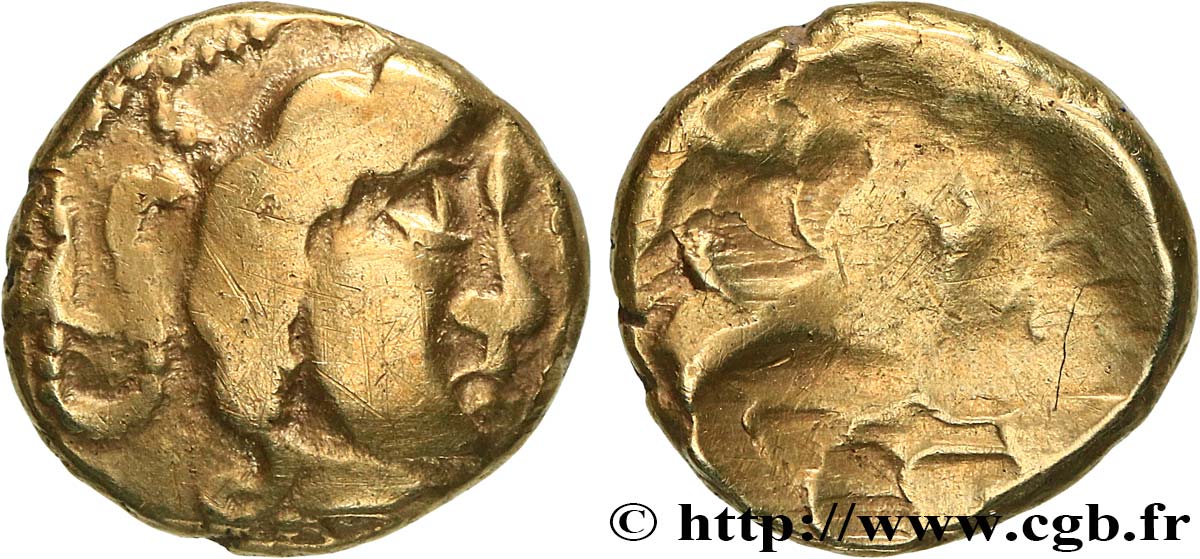
 Report a mistake
Report a mistake Print the page
Print the page Share my selection
Share my selection Ask a question
Ask a question Consign / sell
Consign / sell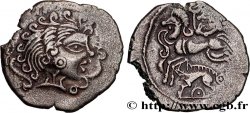
 Full data
Full data